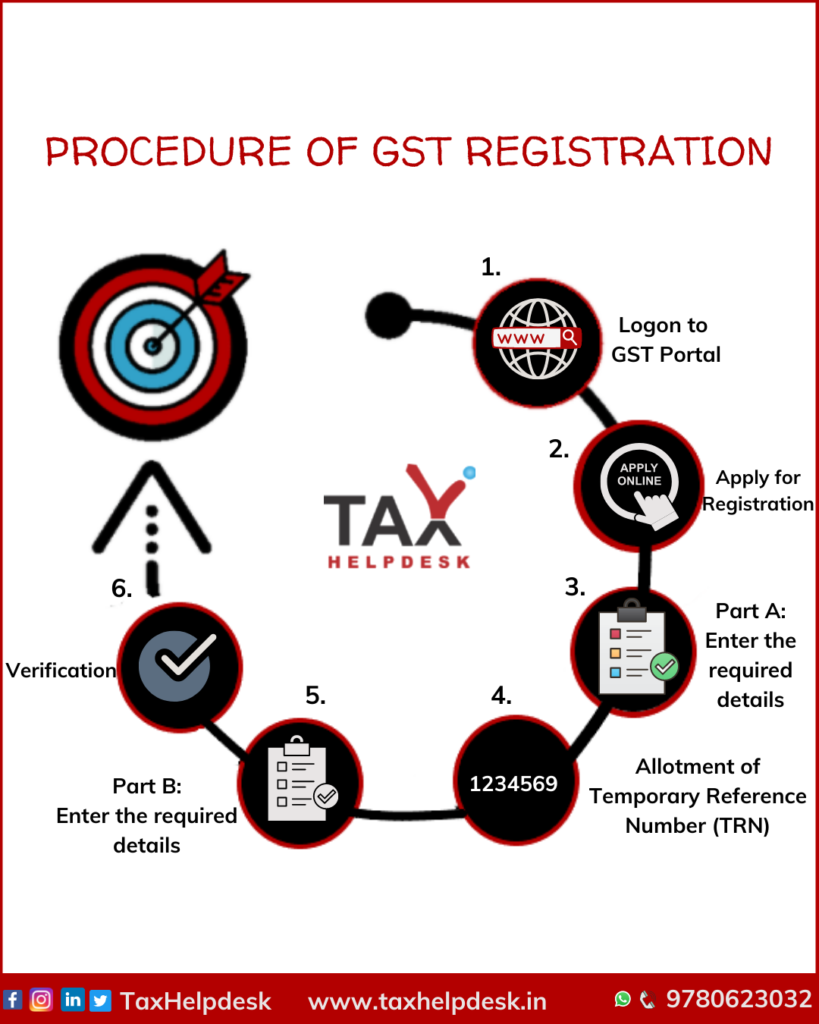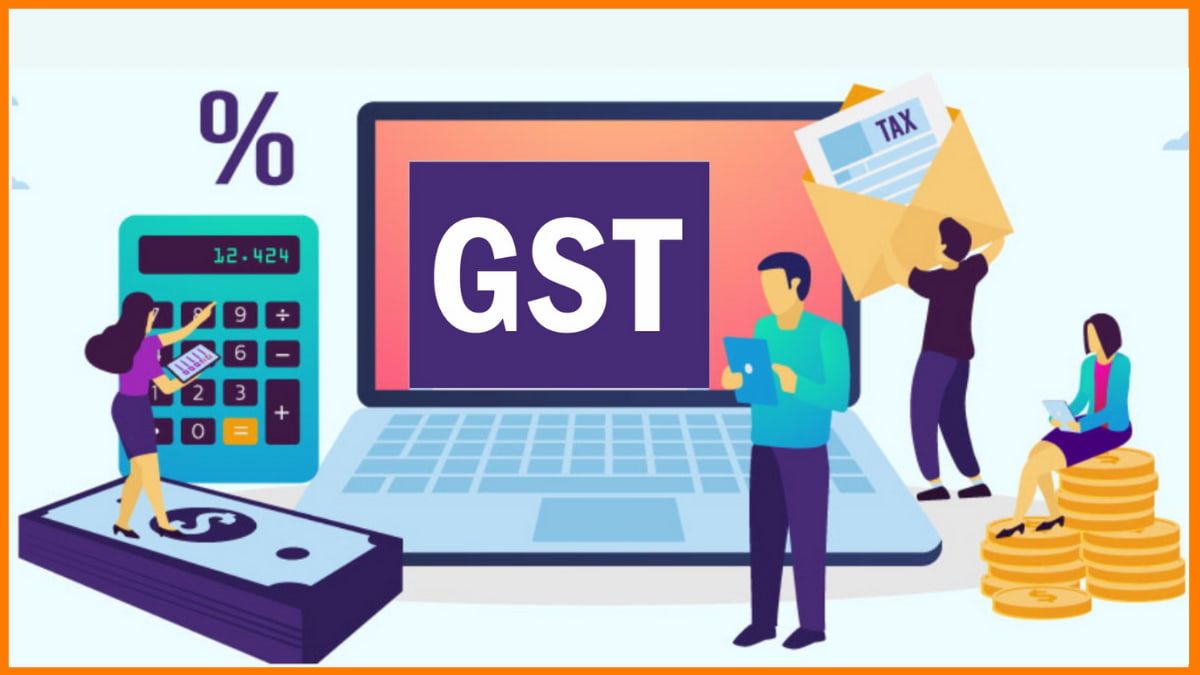Compare and Pick the Best GST Registration Services in Singapore for Your Needs
Compare and Pick the Best GST Registration Services in Singapore for Your Needs
Blog Article
From Beginning To End: The Ultimate Roadmap to GST Enrollment for Organizations Seeking Financial Stability
Navigating the complexities of Goods and Provider Tax (GST) registration is a vital action for organizations pursuing economic stability. From comprehending the fundamental principles of GST to abiding by post-registration standards, the procedure can appear discouraging in the beginning glance. Nonetheless, damaging down the roadmap right into workable actions can enhance the registration journey for businesses looking to enhance their monetary standing. Allow's check out the important components that comprise this best roadmap and find how each phase contributes to laying a strong foundation for economic success.
Understanding GST Basics
Digging right into the basic concepts of Goods and Solutions Tax Obligation (GST) is crucial for obtaining an extensive understanding of its effects on companies and the economy. GST is a value-added tax levied on many products and services for domestic intake. It has replaced multiple indirect tax obligations that existed in the pre-GST period, enhancing the tax obligation structure and enhancing simplicity of doing business in India. Under the GST system, both services and products are strained at a particular price, which is determined based on their classification. Organizations are called for to register for GST if their yearly turn over surpasses the threshold limit set by the federal government. Input Tax Credit History (ITC) is a substantial attribute of GST, enabling businesses to declare credit rating for tax obligations paid on inputs, minimizing the overall tax obligation concern. Understanding the essentials of GST is vital for services to abide by tax regulations, handle their funds efficiently, and contribute to the nation's financial growth by taking part in a transparent tax obligation system.
Eligibility Standards for Registration
To register for GST, organizations have to fulfill certain qualification standards developed by the federal government. The key qualification requirement is that any type of service entailed in the supply of items or solutions with an annual aggregate turn over over the threshold limit set by the authorities should register for GST. As of the existing policies, the threshold limitation for GST registration is an annual accumulation turn over of 40 lakhs for companies operating within a state, with the exception of special category states where the restriction is 20 lakhs. In addition, specific companies are required to sign up for GST regardless of their turn over, such as interstate distributors, casual taxable persons, and services responsible to pay tax obligation under the reverse cost device. It is critical for businesses to thoroughly assess their turn over and transaction types to determine their GST enrollment responsibilities accurately. Failure to sign up for GST when eligible can result in fines and lawful effects, making it crucial for services to adhere to the defined qualification requirements.
Papers Needed for Registration
Having actually fulfilled the browse this site qualification criteria for GST registration, organizations must currently ensure they have the requisite papers in area to wage the registration procedure effectively. The records needed for GST registration generally consist of evidence of business constitution, such as partnership action, registration certificate, or consolidation certification for various kinds of businesses. In addition, services require to offer documents establishing the primary business, such as a rental agreement or electricity costs. PAN card of the company, in addition to the identity and address evidence of promoters/partners/directors, are necessary for confirmation objectives. Savings account declarations, along with canceled cheques or a duplicate of the bank passbook, are needed to confirm the monetary details offered throughout registration. Companies need to have digital signatures all set for the licensed notary. Making certain all these papers are organized and conveniently available will quicken the GST enrollment procedure, enabling businesses to comply with tax obligation laws perfectly.
Step-by-Step Registration Process
Starting the GST registration process involves a collection of structured steps to ensure a compliant and seamless enrollment for organizations. The primary step is to go to the GST site and fill up out the registration type with accurate information of the organization entity. Following this, the applicant receives a Short-term Reference Number (TRN) which is made use of to return to the application procedure if it's not finished in one go.
Next, all required documents according to the list provided by the GST portal need to be published. These documents commonly include proof of organization address, identity and enrollment proofs of marketers, monetary statements, and business entity's frying pan card.

Post-Registration Conformity Guidelines

Verdict
Finally, businesses looking for economic security must understand the basics of GST, fulfill qualification requirements, collect essential records, comply with the detailed registration process, and comply with post-registration guidelines - Best GST registration services in Singapore. By adhering to these actions, organizations can ensure conformity with tax guidelines and preserve monetary security in the future
Furthermore, certain companies are called for to register for GST irrespective of their turn over, such as interstate vendors, casual taxed persons, and organizations liable to pay tax obligation under the reverse cost device.Having actually fulfilled the eligibility standards for GST registration, companies have to currently ensure they have the requisite papers in place to continue with the enrollment process efficiently. The records required for GST enrollment generally consist of proof of business constitution, such as collaboration deed, enrollment certificate, or consolidation certification for various types of companies. Furthermore, services need to offer papers establishing the primary place of organization, such as a rental arrangement or power bill.Beginning the GST enrollment process involves a collection of organized steps to make sure a seamless and certified registration for organizations.
Report this page